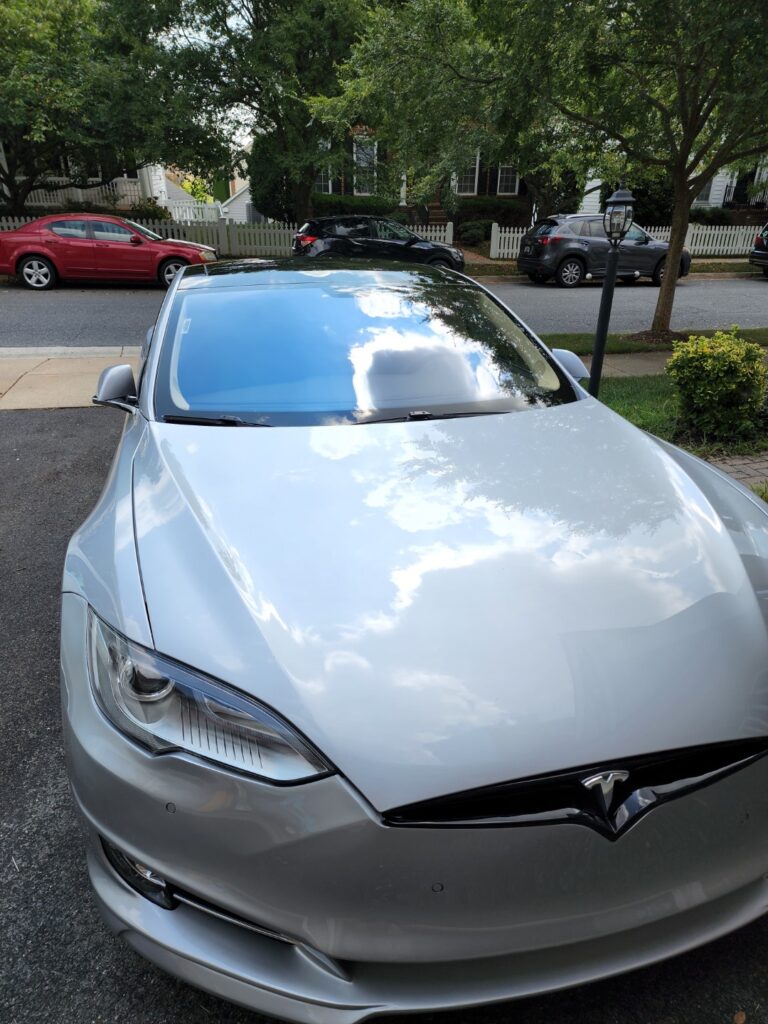
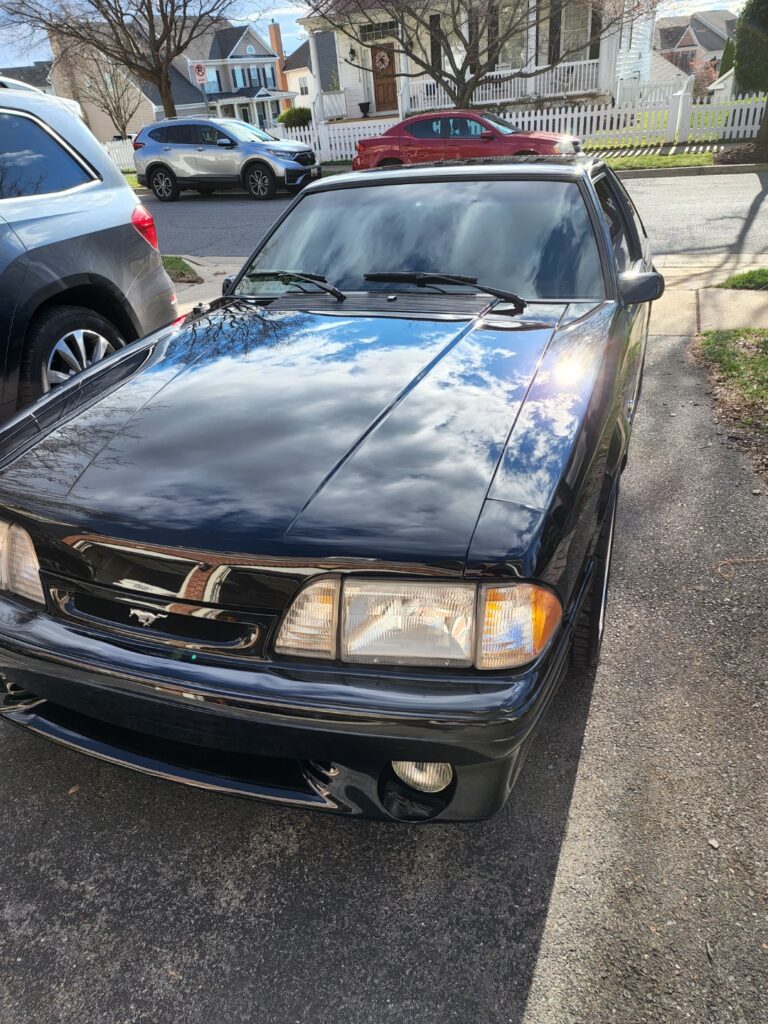
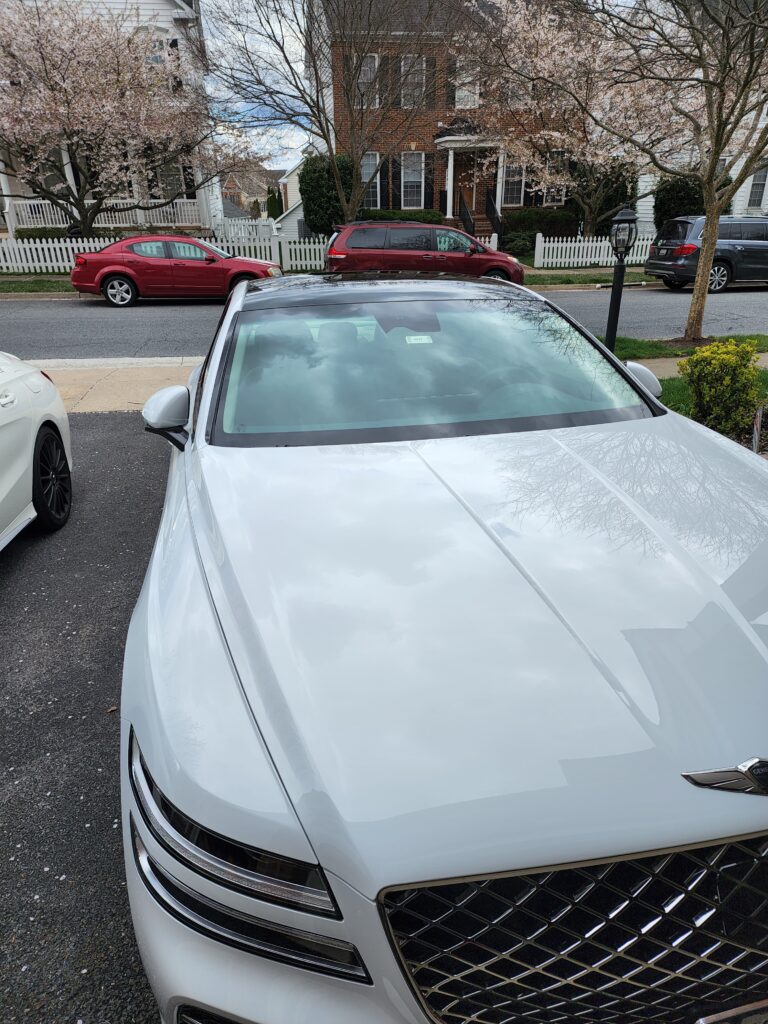
If you’ve been hearing about ceramic coating and wondering if it’s worth the investment, you’re in the right place. Ceramic coating has taken the automotive world by storm, promising enhanced protection and a lasting shine for your vehicle. But does it live up to the hype? Let’s dive in and address all the burning questions you might have.
What is Ceramic Coating?
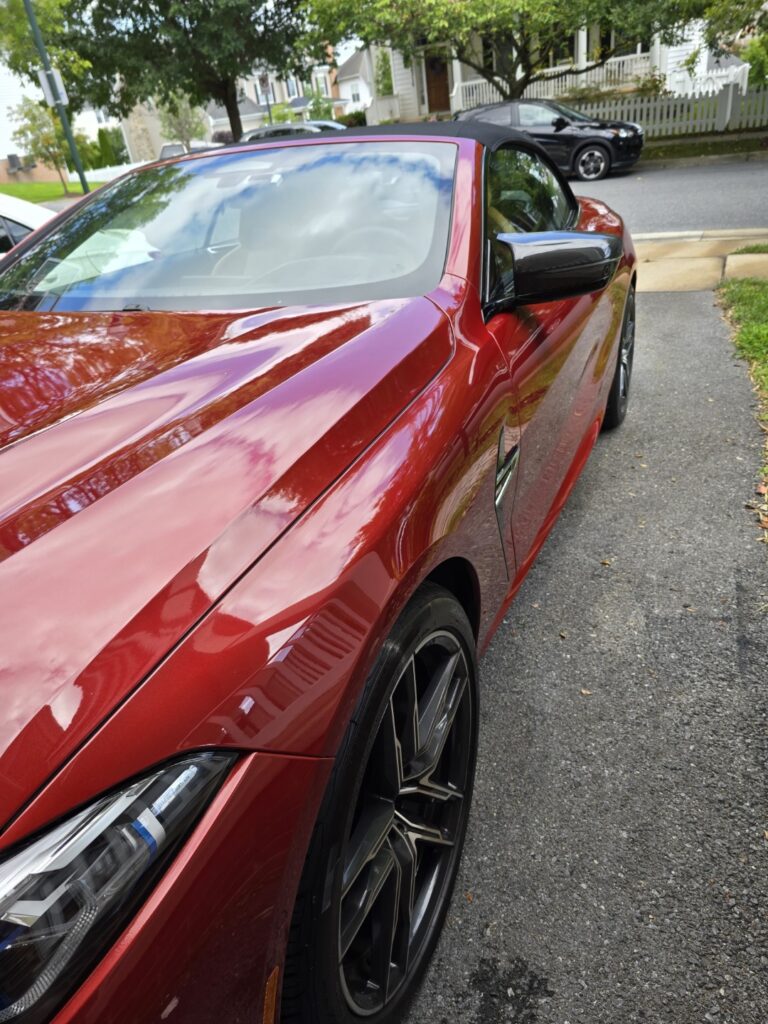
Definition and Basics
Ceramic coating is a liquid polymer applied to a car’s exterior, creating a protective layer that bonds with the factory paint. Unlike traditional wax, ceramic coating offers long-term protection and enhances your car’s appearance.
What Makes It Unique?
The secret lies in its chemical composition. Ceramic coatings are made from silicon dioxide or quartz, which forms a hard, glass-like layer. This layer acts as a shield, protecting your car from environmental hazards like UV rays, dirt, and minor scratches.
Common Misconceptions
Many people assume that ceramic coating makes your car scratch-proof. While it provides excellent protection, it’s not invincible. Scratches and swirl marks can still occur if you’re not careful.
How is it Applied?
Professional Application Process
Professional ceramic coating involves meticulous preparation, including cleaning, polishing, and sometimes paint correction. The coating is then applied in multiple layers for maximum effectiveness.
DIY Ceramic Coating Kits
If you’re a DIY enthusiast, you’ll find plenty of ceramic coating kits online. However, achieving professional-level results can be challenging without the right tools and expertise.
Benefits of Ceramic Coating

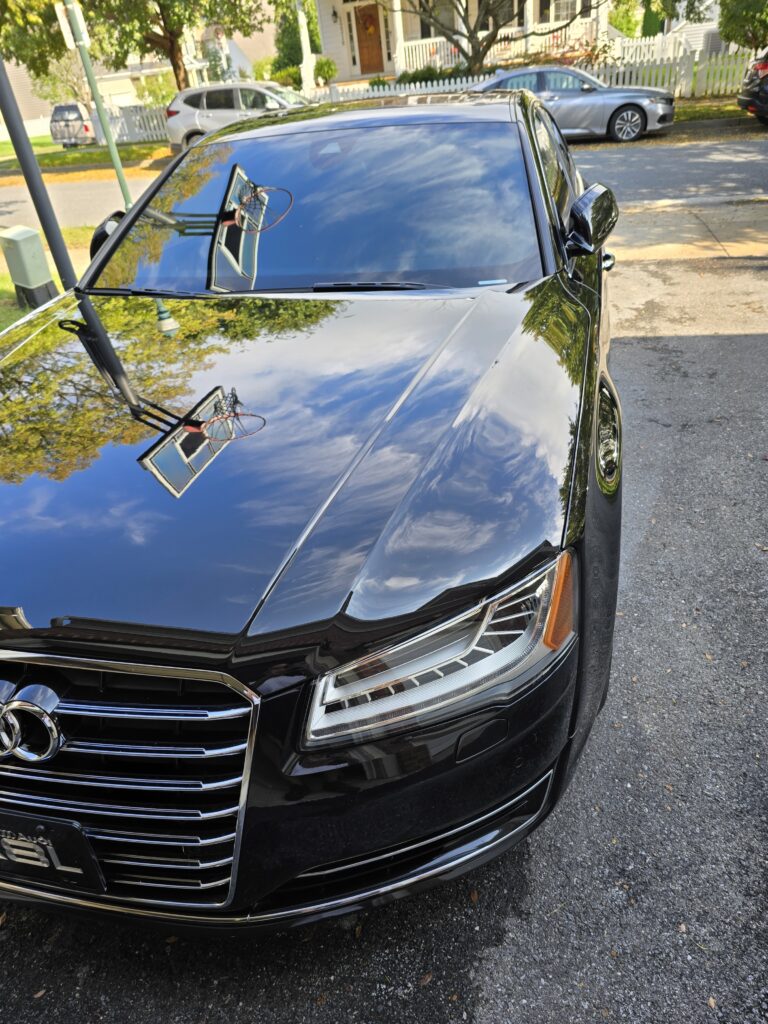
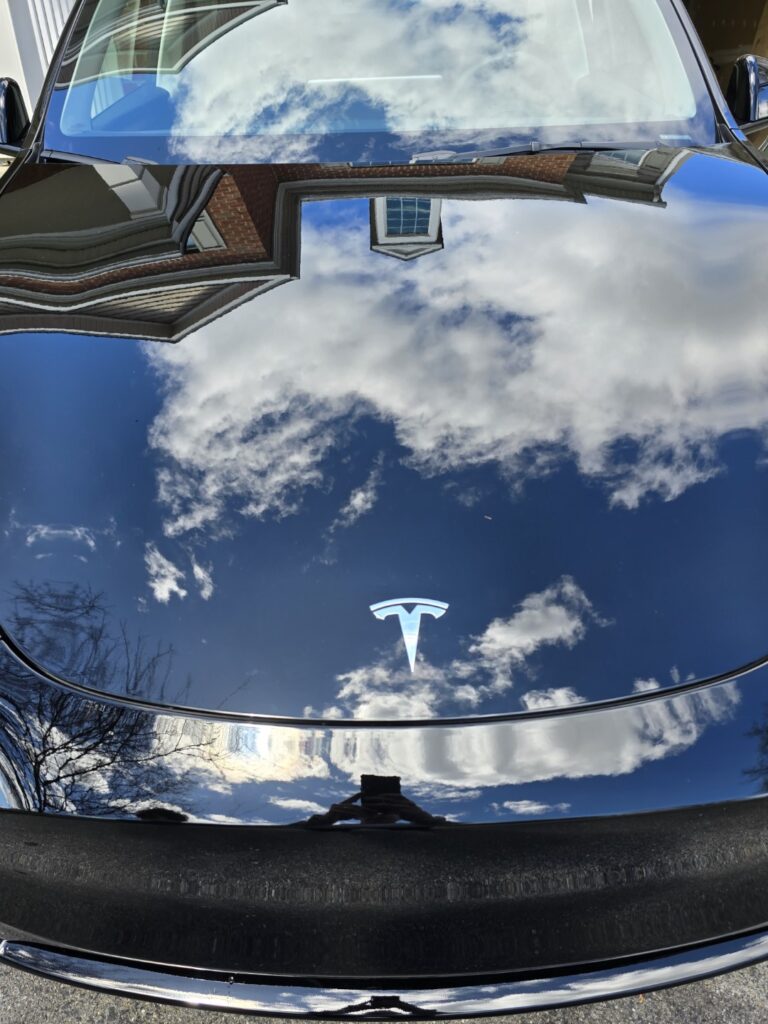
Protection from Elements
UV Protection
Ceramic coating acts as a sunscreen for your car, shielding it from harmful UV rays that can cause paint to fade.
Resistance to Chemical Stains
Whether it’s bird droppings or acidic rain, ceramic coating offers a robust layer of protection against these potential paint hazards.
Enhanced Aesthetic Appeal
Long-Lasting Gloss
Nothing beats the mirror-like shine of a freshly coated car. Ceramic coating ensures your vehicle retains that glossy finish for years.
Hydrophobic Properties
One of the coolest features? Water and dirt slide right off, making cleaning your car a breeze.
Potential Drawbacks of Ceramic Coating

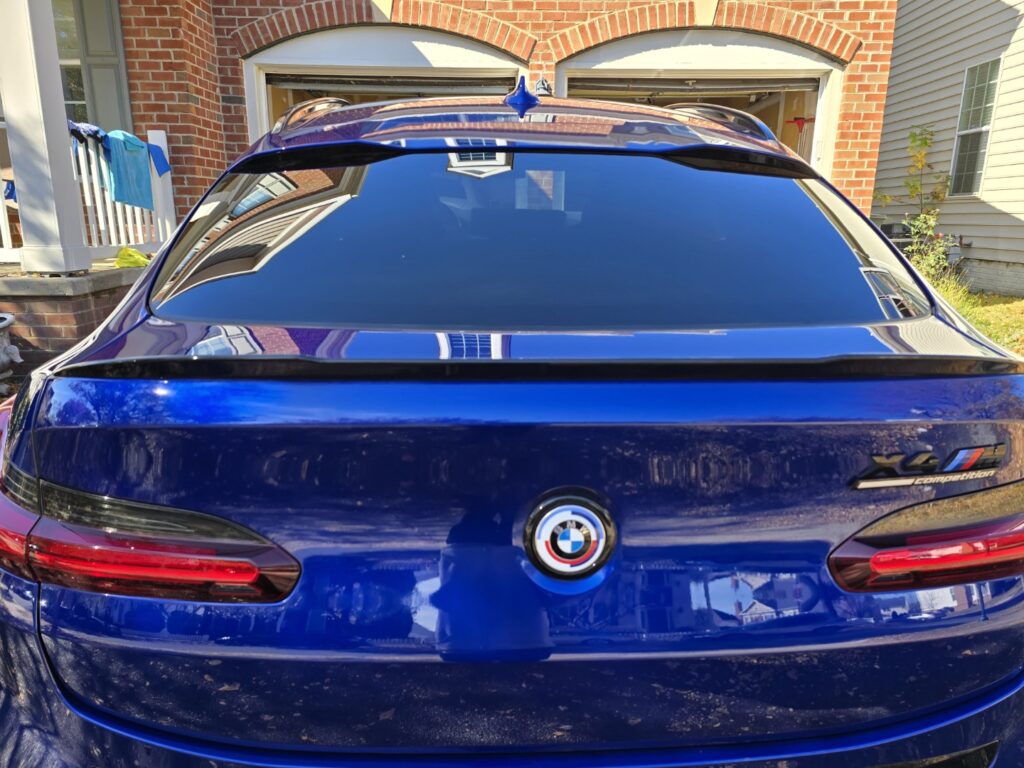
Cost Concerns
Is It Expensive?
Professional ceramic coating can cost anywhere from $500 to $2,000, depending on your car’s size and condition.
Maintenance Costs
While it reduces the need for frequent waxing, regular maintenance and proper cleaning are still necessary to keep the coating effective.
Limitations in Protection
Does It Prevent Scratches?
Ceramic coating is scratch-resistant but not scratch-proof. Think of it as a strong shield, not an impenetrable armor.
Realistic Expectations
Ceramic coating won’t protect your car from dents, deep scratches, or heavy impacts. It’s essential to understand its limitations.
Types of Ceramic Coating
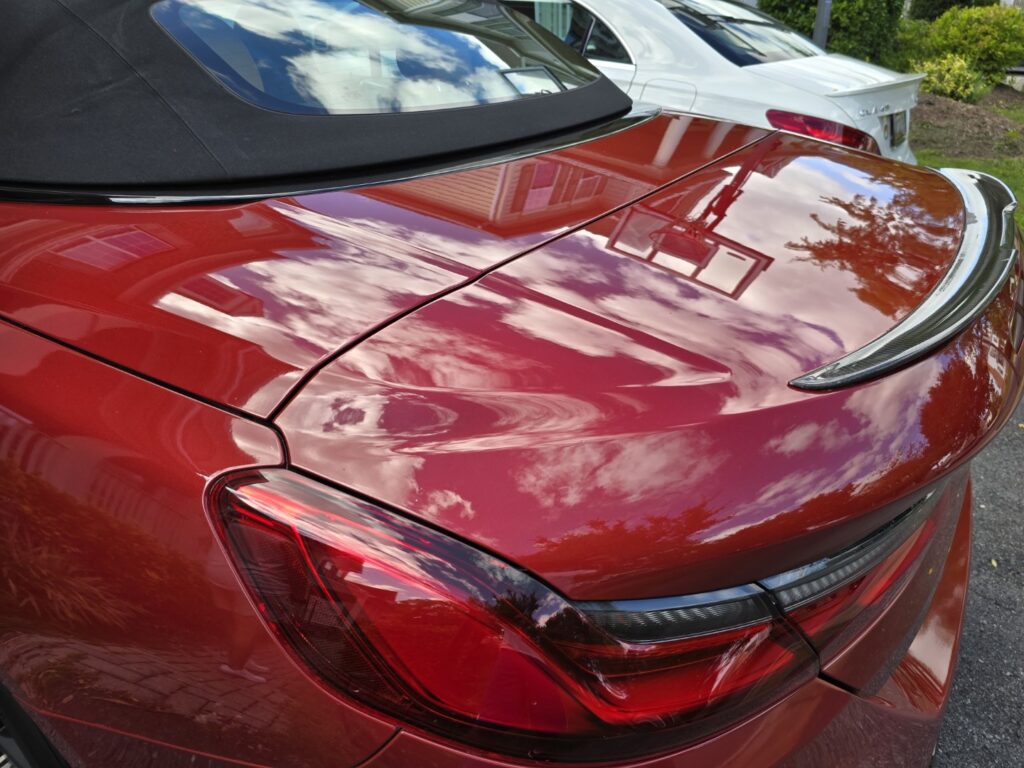
Professional Grade
Features and Benefits
Professional-grade coatings offer superior durability and protection, lasting up to 5 years or more with proper care.
Average Lifespan
These coatings outlast their DIY counterparts, making them a worthwhile investment for long-term vehicle protection.
Consumer-Grade Coating
Differences from Professional-Grade
Consumer-grade coatings are easier to apply but may not offer the same level of durability or protection.
Ease of Application
These kits are designed for beginners but require careful preparation to avoid streaks or uneven application.
Ceramic Coating vs. Other Options
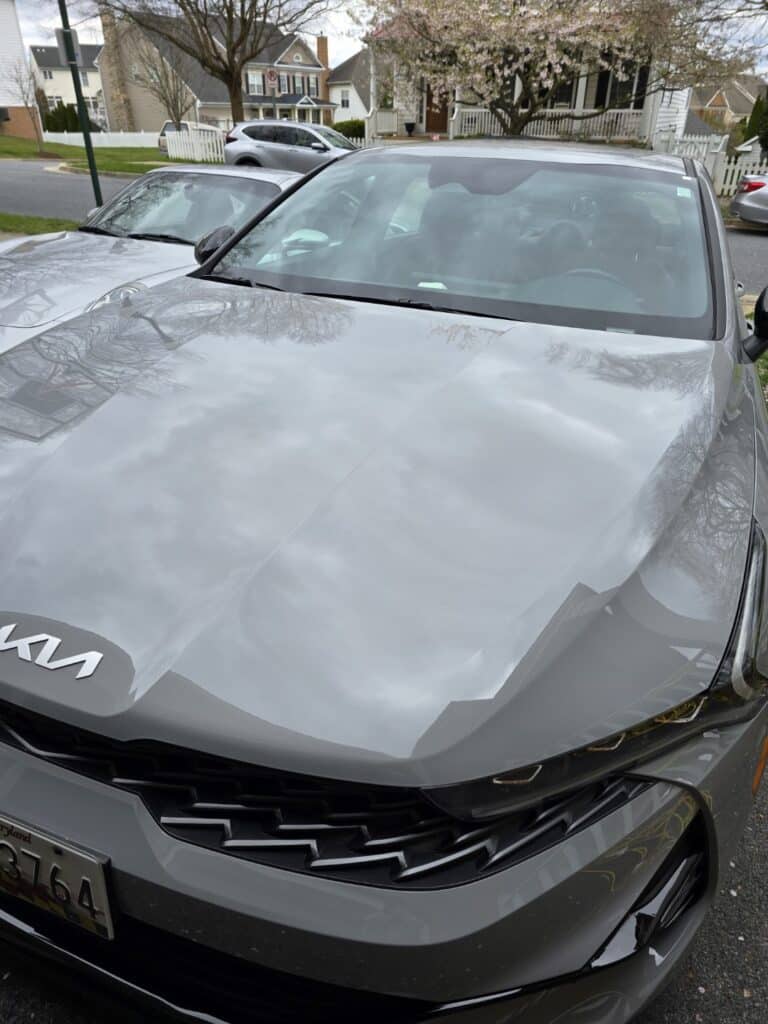
Traditional Wax
Pros and Cons
Wax is affordable and easy to apply but doesn’t last nearly as long as ceramic coating.
Durability Comparison
While wax may last a few months, ceramic coating can protect your car for years.
Paint Protection Film (PPF)
Key Differences
PPF offers better impact resistance but lacks the glossy finish and hydrophobic properties of ceramic coating.
Compatibility with Ceramic Coating
Did you know you can combine PPF with ceramic coating for ultimate protection? It’s like wearing armor under a raincoat!
Who Should Consider Ceramic Coating?
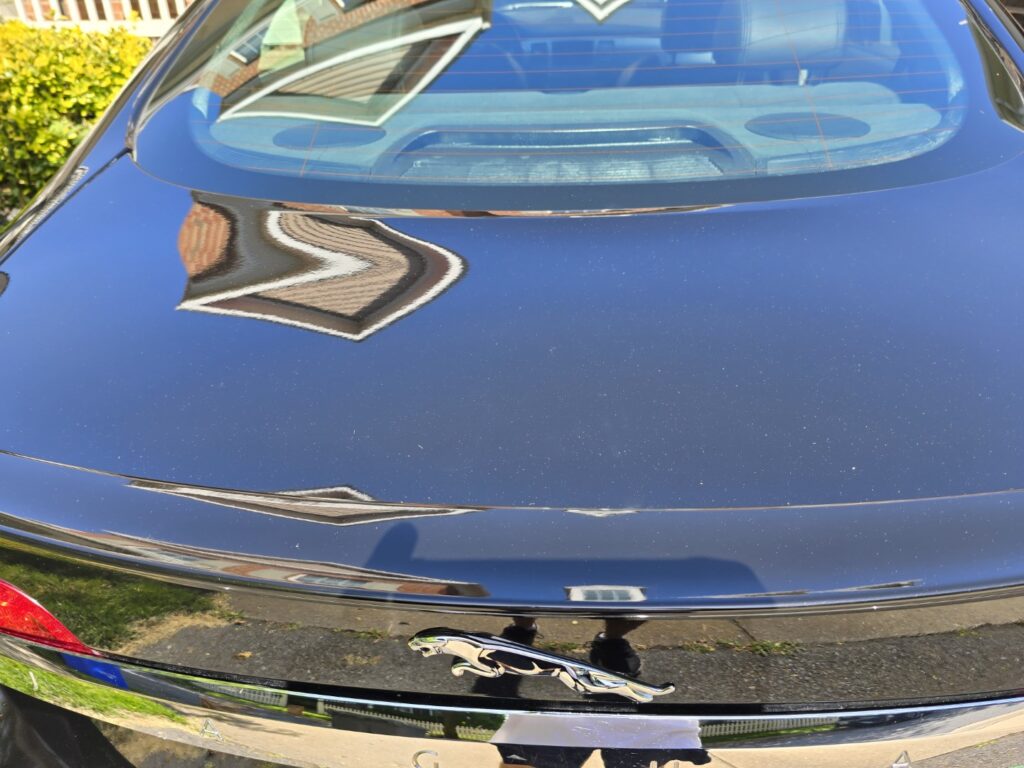
Frequent Drivers
Benefits for Daily Commutes
If you’re on the road daily, ceramic coating can save you time and money on car washes and paint repairs.
Long-Term Savings
Though the upfront cost is high, it pays off in reduced maintenance over time.
Car Enthusiasts
Preserving a Vehicle’s Appearance
For those who take pride in their ride, ceramic coating keeps your car looking brand new.
Showroom Finish
Nothing screams “luxury” like a car with a showroom-worthy shine, even years after purchase.
Misconceptions About Ceramic Coating
Scratch-Proof Claims
Separating Myth from Reality
Ceramic coating offers resistance, not immunity, to scratches. Proper care is still crucial.
What to Expect
You’ll notice fewer swirl marks and minor scratches, but don’t expect miracles.
Maintenance-Free Belief
Regular Care Needed
While ceramic coating simplifies cleaning, it doesn’t eliminate the need for regular maintenance.
Best Practices
Stick to pH-neutral car shampoos and avoid harsh chemicals to extend the life of your coating.
Cost Breakdown of Ceramic Coating
Professional Application Costs
What’s Included?
Most professional services include surface preparation, multiple coating layers, and sometimes a warranty.
Why Is It Expensive?
The cost reflects the skill, time, and premium materials required for a flawless application.
DIY Costs
What You’ll Need
DIY kits range from $50 to $150 and typically include the coating, applicators, and instructions.
Is It Worth the Effort?
If you’re meticulous and patient, DIY can save you money. But be prepared for a steep learning curve.
Application Process
Step-by-Step Guide for DIY
Preparation and Cleaning
Thoroughly wash and decontaminate your car’s surface to ensure proper bonding.
Application Tips
Work in small sections and use a microfiber cloth to buff out any excess coating.
What Professionals Do Differently
Tools They Use
Professionals rely on high-end tools like infrared curing lamps for a flawless finish.
Achieving a Flawless Finish
Their experience ensures an even application and optimal performance.
Long-Term Maintenance of Ceramic Coating
Cleaning Tips
Dos and Don’ts
Do use soft sponges and microfiber towels. Don’t use abrasive materials that can damage the coating.
Recommended Products
Invest in ceramic-friendly car shampoos and detail sprays for regular upkeep.
Avoiding Common Mistakes
Harsh Chemicals to Avoid
Stay away from acidic cleaners and high-alkaline products that can degrade the coating.
Frequency of Maintenance
A bi-weekly wash and occasional touch-ups will keep your coating in top shape.
FAQs About Ceramic Coating
Is It Safe for All Cars?
Compatibility with Different Paint Types
Ceramic coating works on most factory paint finishes, but matte paints may require special products.
Special Considerations
Consult a professional if your car has a unique or older paint job.
Can Ceramic Coating Be Removed?
How It’s Done
Polishing is the most common method to remove ceramic coating, but it requires skill.
When Removal Is Necessary
If the coating has degraded or you’re planning a repaint, removal might be necessary.
Conclusion
Ceramic coating is an investment in your vehicle’s appearance and protection. While it has its limitations, the benefits far outweigh the drawbacks for most car owners. Whether you opt for a professional application or a DIY approach, the key is proper care and realistic expectations. So, is ceramic coating worth it? For many, the answer is a resounding yes.
FAQs
- How long does ceramic coating last? Professional coatings can last 3-5 years, while DIY options typically last 1-2 years with proper care.
- Can I apply ceramic coating myself? Yes, but achieving professional-level results requires patience and attention to detail.
- Does ceramic coating work on old cars? Absolutely! Just ensure the paint is in good condition before application.
- Is ceramic coating worth the price? For those seeking long-term protection and reduced maintenance, it’s a worthwhile investment.
- What’s the best alternative to ceramic coating? Paint protection film (PPF) offers excellent protection, especially against physical damage.
